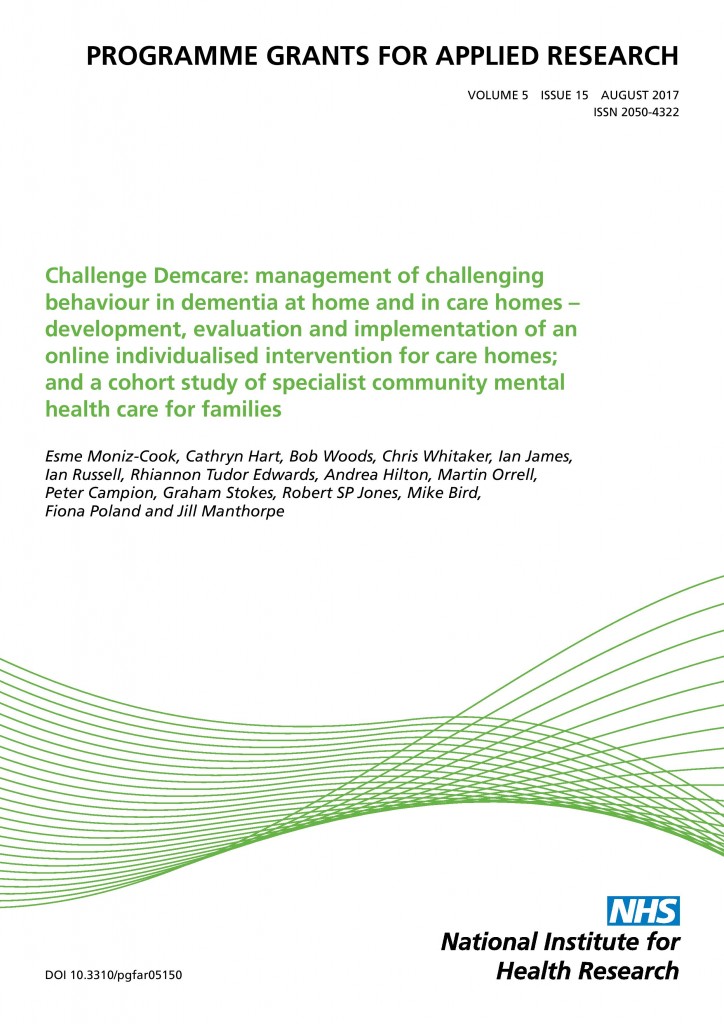 Fatima Mujtabah, right, recently graduated from King’s College London in Adult Nursing. (797 words)
Fatima Mujtabah, right, recently graduated from King’s College London in Adult Nursing. (797 words)
Dementia Palliative Care and Homecare Workers
Dementia is a term used to describe a range of conditions affecting the brain that get worse over time. With no cure, dementia is a life-limiting condition, but few people recognise this. As such, the care needs of people affected by dementia are not always met. It is reported that around 90,000 of people diagnosed with dementia require formal social care and about 2/3 of this population live and die at home. This highlights the importance of homecare in the provision of high-quality palliative and end of life care. Yet, current research shows that people with dementia who live at home are more likely to receive poorer quality end-of-life care compared to those in formal care settings such as care homes. Homecare workers have a central role in allowing people to die within their own homes. Continue reading





